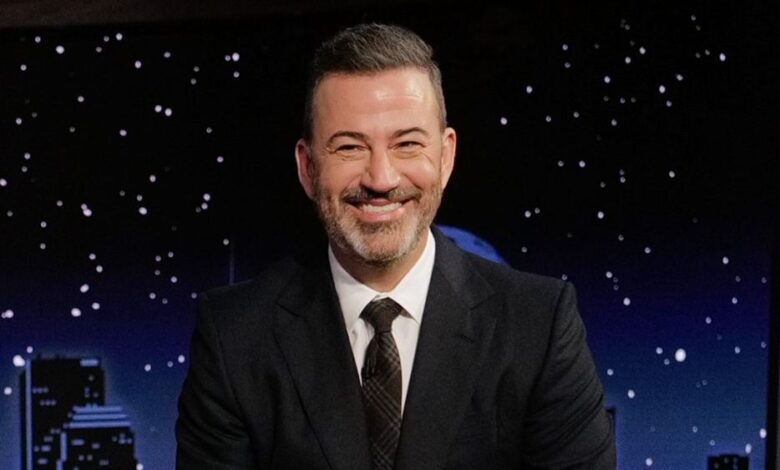Jimmy Kimmel on Donald Trump’s Hollywood Tariff Plan

Donald Trump’s recent proposal to impose a 100% tariff on foreign films entering the United States has left Hollywood in a state of confusion and uncertainty. The plan, which was announced in a social media post over the weekend, has sparked skepticism and raised questions about its feasibility and legality.
During a monologue on “Jimmy Kimmel Live,” host Jimmy Kimmel poked fun at the vagueness of Trump’s plan, questioning the necessity of prioritizing American-made films over foreign ones. Kimmel humorously suggested that the late Hannibal Lecter would have supported the idea of keeping Sonic the Hedgehog, an “illegal immigrant hedgehog,” out of the country for national security reasons.
Trump’s decision to authorize the Department of Commerce and the United States Trade Representative to implement the tariff was met with uncertainty in Hollywood. Many in the industry were unsure of what the plan entailed and whether it was a viable solution to the perceived decline of the American movie industry.
Reports indicated that Trump’s proposal was influenced by a meeting with actor Jon Voight and producer Steven Paul, who presented a comprehensive plan to revitalize the entertainment industry. The plan included various incentives for production, co-production treaties with foreign countries, and infrastructure subsidies for theater owners and production companies. However, the call for tariffs was only mentioned in “certain limited circumstances.”
As Hollywood grapples with the uncertainty surrounding Trump’s plan, the industry remains divided on the best course of action to support American filmmaking. While some see the potential benefits of incentivizing domestic production, others are wary of the implications of imposing tariffs on foreign films.
In conclusion, Trump’s proposal to impose a 100% tariff on foreign films entering the United States has raised more questions than answers within the entertainment industry. As Hollywood navigates the uncertainty of this plan, the future of American filmmaking hangs in the balance.





